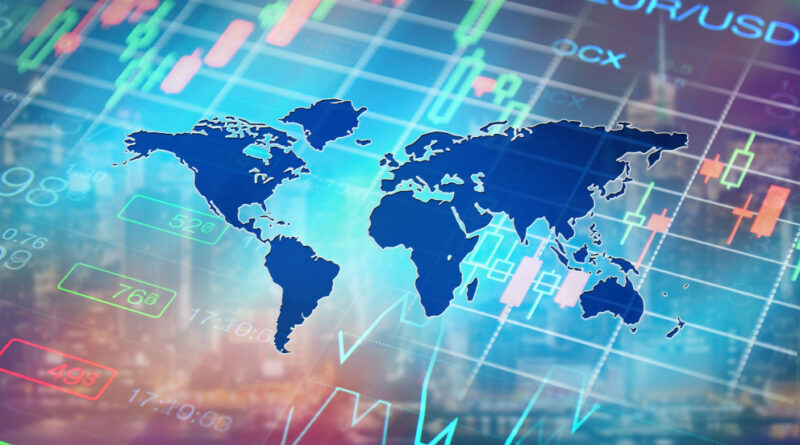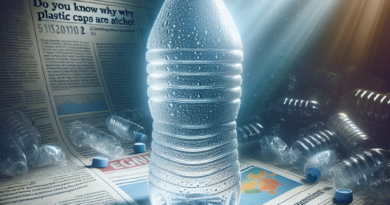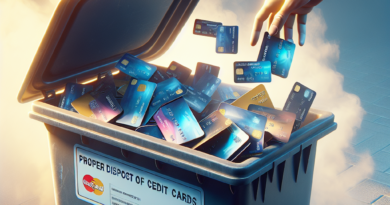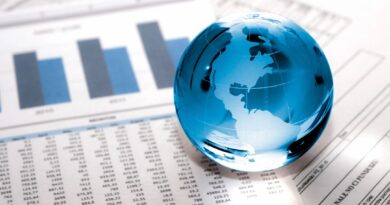Where does the plastic for recycling (really) end up in Europe?
Where does plastic waste for recycling really end up? It may seem like a paradox, but according to research carried out by the University of Utrecht, Europe is much less virtuous in this regard than it seems.
On average, each citizen of the European Union produces 35kg of plastic packaging waste per year – with the special record going to Hungary -, for a total of 350 million tonnes of plastic waste for the entire EU.
Around 40% of total plastic waste is recycled and another 40% ends up in waste-to-energy plants.
And the remaining 20%? It ends up in landfill but some of it is exported outside the borders of the European Union.
In the past the EU sent up to 1.5 million tonnes of plastic waste a year to China, but since 2018 Beijing has said enough by increasing the share of plastic to be disposed of that is incinerated.
According to the investigation conducted by Kaustubh Thapa of Utrecht University and published in Circular Economy and Sustainability, our plastic waste would now always end up in Asia but with different destinations: Indonesia, Malaysia and Vietnam.
read also Do paper straws pollute more than plastic ones? The truth in a study Where the plastic to be recycled ends up That Europe exports its waste is certainly not new, but Thapa's study has highlighted the fate of the plastic to be disposed of once it arrives in Asian countries like Vietnam.
Despite strict EU regulations on plastic recycling, there is little control over plastic waste once it crosses the borders of the European Union.
In fact, for the study in Vietnam that this waste would be disposed of in nature, as was discovered by investigating together with Vietnamese colleagues in the Minh Khai Craft Village, which is the largest recycling center in the Asian country.
“We observed people cooking, eating and living inside the recycling plant, surrounded by noxious fumes from melted plastic,” said Kaustubh Thapa.
The children played in this suffocating environment." 7 million liters of toxic wastewater would be poured into the plant area every day, creating many problems for the local community given the health and environmental consequences.
“European consumers are making an effort to separate recycling – is the conclusion of the scholar from Utrecht University -, but we can clearly see that their efforts are largely in vain”.




